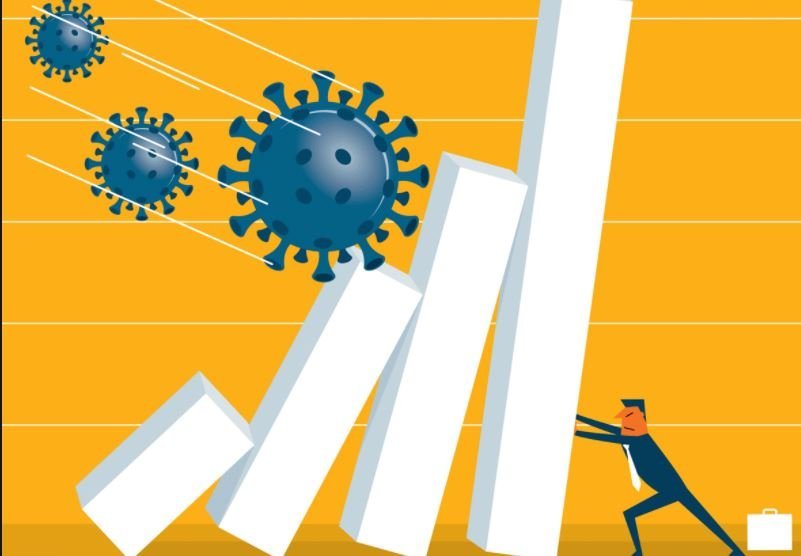“Cypriots are holding on to savings, collecting what they can thanks to the moratorium on loan payments through March, and waiting to see whether the vaccines will finally enable us to emerge from the pandemic crisis.”
That’s the view of economist George Syrichas, advisor, Economic Research Centre, University of Cyprus, and former Central Bank of Cyprus board member.
“Lockdown has kept Cypriots from spending, as access has been limited, and as a result, savings are being accumulated,” Syrichas told the Cyprus Mail in an interview.
Deposits in the Cypriot banking system registered a net increase of €191 million in November rising to €48 billion, according to data released by the Central Bank of Cyprus in December.
“There has been a higher rate of savings than is usual in Cyprus,” Syrichas continues. “And people have been spending more, but saving as well. This activity has been higher than we’ve seen in other countries in Europe. The suspension of loan payments, and its extension, has contributed to this activity.”
“People are definitely in the wait-and-see mode. They want to be certain that the vaccinations will enable us to emerge from the crisis,” he adds.
Equally important is the fact that unemployment rate has not risen dramatically. With the rate of unemployment at 7.27 per cent, the number of registered unemployed has risen to 33, 382 in the third quarter, from 31,487 in October, according to Cyprus Statistical Services (Cystat) reports.
And the retail trade indexes have remained steady for the past four months, with readings from 105 to 112. With a return in consumer confidence, this index could move closer to the 128 reading of December 2019, according to Syrichas.
Whether the economy will remain on an even keel in the coming months depends greatly on how quickly vaccinations are rolled out. As of this writing, about 4,000 people had received the jab.
“Without a full rollout of vaccinations there will be no full recovery; for now there are delays all across the European Union,” Syrichas points out.
“With the rollout of vaccinations, once consumers are convinced that the pandemic is almost over,” there will be a significant rebound in spending driving economic recovery,” Syrichas notes. “W will see something similar right across the EU.”
Although the Cyprus economy contracted about 6.5 per cent in 2020, there were some signs of a rebound at the end of the year, despite last-month lockdowns.
Manufacturing production spiked significantly at the end of the summer, according to Cystat data, as demand rose. The Volume Index of Manufacturing Production jumped from a reading of 98.4 August to 135 in September.
Consumer prices remined flat, with the Consumer Price Index showing a reading of 100 for the year, down only 0.6 per cent according to Cystat.
Syrichas notes that Brexit will have a limited affect on the Cyprus economy, although he adds that it is too early to be certain. “If the British pound declines as a result of the fallout from Brexit, this will affect Cyprus tourism as nearly a third normally comes from the UK. Then, many Cypriots who find jobs in the UK will no longer be able to do so. There is also the question of how services exports will continue, but there is little clarity on this subject as yet,” he concludes.






Click here to change your cookie preferences